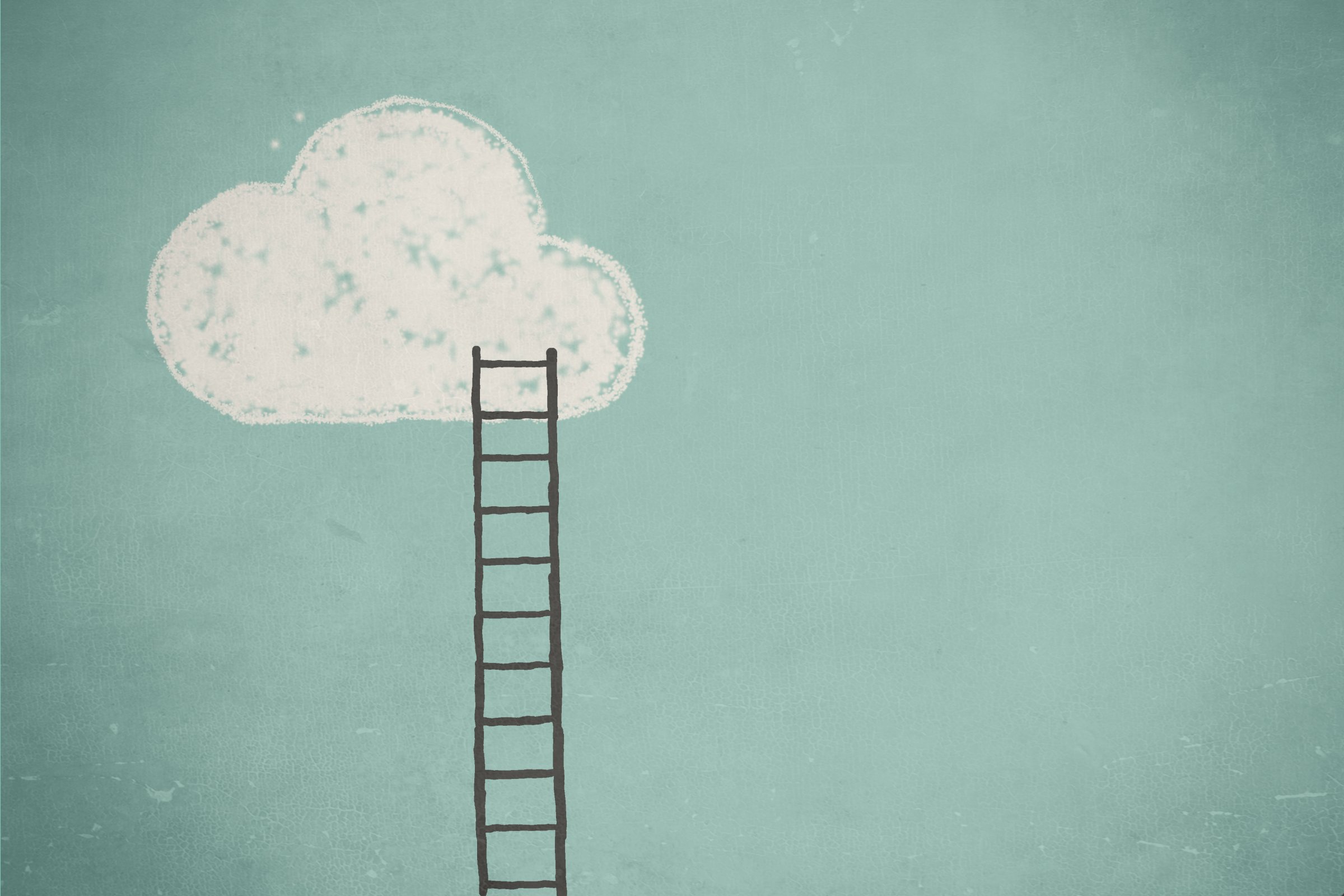
The wage gap has been a thing—an unfortunate, unfair thing—for a long time, but many Americans don’t believe in its existence. Believe it, because women earned 83% of what men did in 2015, according to a new analysis by The Pew Research Center of data from the Bureau of Labor Statistics.
Pew studied the earnings of full- and part-time workers in the United States, broken down across gender and race. At $21 an hour in median hourly earnings, white men out-earned pretty much everybody, except for Asian men, who made an average of $24 an hour. The lowest paid group of all was Hispanic women, at $12 an hour, followed by black women at $13 an hour. White women earned $17 an hour — less than the $18 an hour of Asian women, but more than black ($15/hour) or Hispanic ($14/hour) men.
The gender wage gap stubbornly persists despite incremental progress since 1980. These gains, according to Pew, can be explained at least in part by an increase in education and work experience of women over time. However, significant gaps in education may contribute to why certain groups continue to lag behind. Workers with a four-year college degree tend to earn significantly more than those without a degree. But the gap is especially evident for college-educated black and Hispanic women, who earn about 70% of what college-educated white men do.
Just a few dimes to the dollar in pay disparity can add up to an average of $10,800 in lost earnings per year, according to a recent report by Rep. Carolyn Maloney. That means close to $500,000 over the course of a woman’s career.
Read: The Racial Wage Gap Has Not Closed in 35 Years
Millennial women may not experience the full effects of the wage gap until later in their careers. While 75% of millennial women feel that the country still needs to work on improving gender equality, the hourly earnings of women ages 25-34 were 93% that of men in 2012, according to a 2013 Pew Research Center report. That gap appears to widen, however, once women reach their 30s. By the time women hit their 50s, they earn 38% less than their male counterparts according to TIME and Motto’s wage gap research.
More Must-Reads from TIME
- Cybersecurity Experts Are Sounding the Alarm on DOGE
- Meet the 2025 Women of the Year
- The Harsh Truth About Disability Inclusion
- Why Do More Young Adults Have Cancer?
- Colman Domingo Leads With Radical Love
- How to Get Better at Doing Things Alone
- Michelle Zauner Stares Down the Darkness
Contact us at letters@time.com